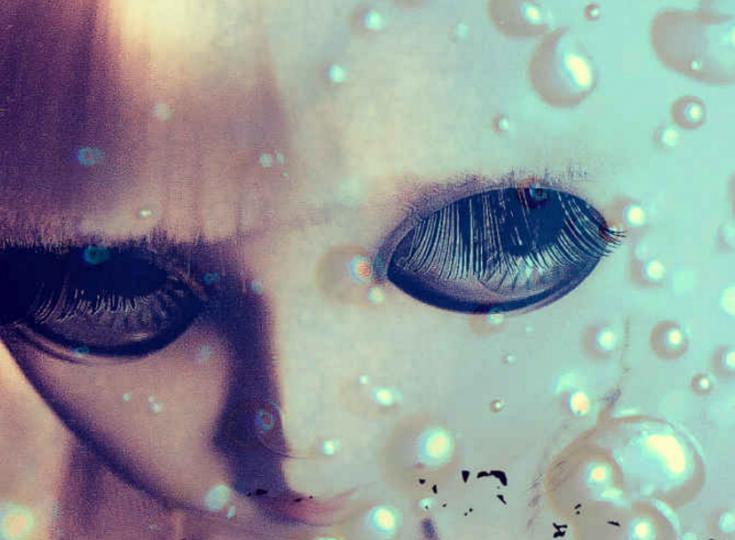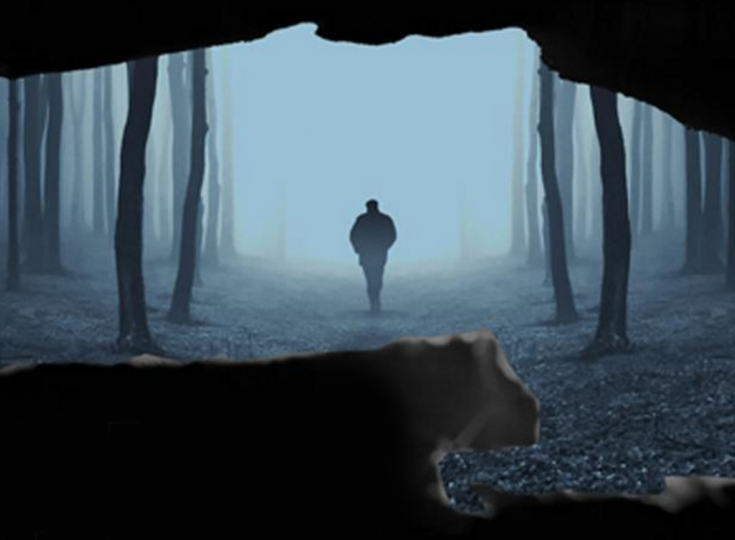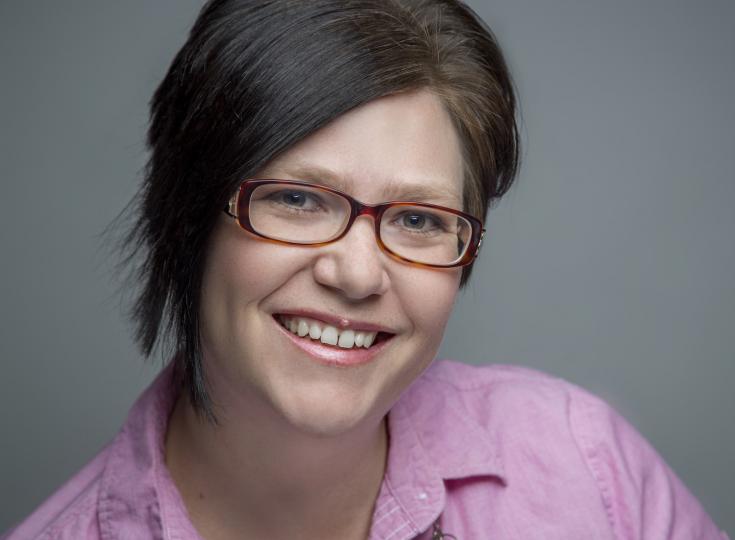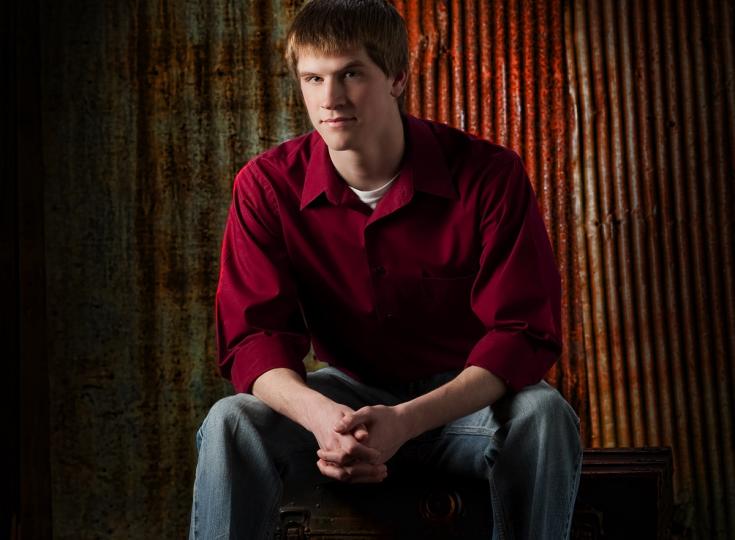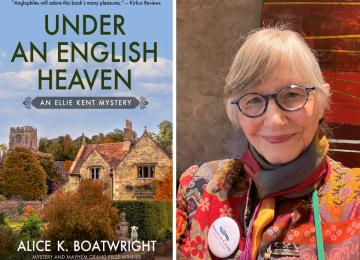Lincoln Cole - Technothriller Focused on Genetic Engineering
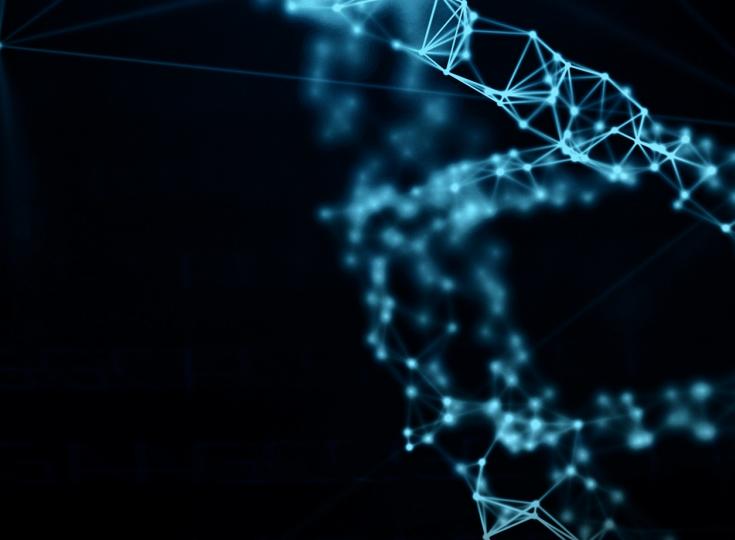
Lincoln Cole has written dozens of horror novels, space operas, and techno-thrillers. He loves to tell ridiculous and fun stories that are full of action and adventure. His newest project is about genetic engineering and called CRISPR!
Please give us a short introduction to what CRISPR is about.
CRISPR is a technothriller focused on genetic engineering. Kate and Lyle stumble onto a huge unknown threat and have to decide if and how they can stop it.
What inspired you to write about corporate mercenaries?
I've always loved playing games like Shadowrun and wanted to tell a story about highly effective people who put skills they learned in corporate warfare to good use helping people. I enjoy telling stories about Byronic and reluctant heroes.
Tell us more about Kate and Lyle what makes them such a good team?
They stumbled onto their current partnership in UAV and have such disparate personalities that they actually work well together. Lyle is just starting to figure out this underground world that Kate lives in and having to decide how much of his morality he's willing to give up to be a part of it.
You write technothrillers. What drew you to the genre?
I enjoy reading technothrillers and the technological aspects make the books a lot of fun. Learning about CRISPR in the real world inspired me to create a fictional world where it might go wrong.
Please give us three good-to-know facts about you.
I develop Alexa skills as well as write novels and won an award for my Animal Sounds skill for best echo button skills for children. I work full time in addition to my writing career as well and just write books for the fun of it. I used to race horses with my family when I was a child and the experiences have effected just about everything I've done since, from work ethic to personality.
Your novel raises the question of whether technology will save us or destroy us. Which do you believe?
I think both simultaneously. Artificial Intelligence is on the verge of changing everything we know about how societies and cultures function, and yet we barely even acknowledge the problems that are on the horizon. On the other hand, because of artificial intelligence we could have a universal basic income (or Freedom Dividend) for everyone that would grow our consumer economy, reduce poverty and malnutrition, and improve health across the entire country. The conflicting good and bad elements of technology give me plenty of ideas for new books, but even with technology in the real world the fact is that bad technology comes from bad people.
Readers say that this book is a thrill from start to end. How did you pull this off?
I try to trim exposition from the book and push action. Writing action scenes is easy and fun, and I constantly try to keep things in motion. I enjoy reading and watching things where the story feels 'real' and it makes you think it could really happen, but then on the other hand I love stories like The Punisher that are just fun for the sake of fun. I try to run down the middle of these and never mind dipping further into either pool for inspiration.
What was your greatest challenge when writing this book?
Capturing what was in my imagination and getting it on paper in a compelling way. Something is always lost in translation when you put a story on paper, and sometimes a great idea in your mind doesn't work out when you actually write it. I had a few scenes I really wanted to make work, and it was challenging finding a way to fit them into the story without making them seem tacked on. A few of them had to be cut, which is a painful process when they are your favorite scenes that just don't work.
Do you work to an outline or plot or do you prefer to just see where an idea takes you?
It depends. I usually plot a story out with chapter snippets that I intend to write, but after I start filling in those chapters things change dramatically. My rough outlines are little more than casual representations of a similar book to the final product.
How, would you say, has your background as a computer programmer influenced your writing and your characters.
Writing a program on my computer is very similar to writing a novel in that disparate pieces often need tied together, and both of these careers influence each other. It helps me design computer interactions because I write books, and it helps me plot out books and design structure because I write computer programs. My characters are often a reflection of this and typically enjoy working with technology.
Do you write full-time or part-time and do you aim for a set amount of words/pages per day?
No set time or amount since I have so little time to work on it. I make a lot less progress than would be ideal, but I also work off of inspiration. I don't want to be stuck where I have to finish a product because I often switch projects on a whim. Right now I'm focused on Alexa skills to try and have a little success with that, but I'm also in the process of linking the two careers together by telling new kinds of stories across the platforms.
Do you ever have days when writing is a struggle?
Absolutely, and typically when that happens I either power through it and work through writer's block or I take a step back and wait for new inspiration.
What are you working on right now?
I am working on my World at War series which is a follow up to World of Shadows and World on Fire. I'm also working on the sequel to CRISP to continue the story of Lyle and Kate, and I have some more surprises in store as well.
Where can our readers discover more of your work or interact with you?
You can find my books at authorlincolncole.com and my Alexa skills at llitd.com and you can reach me directly at [email protected] with anything more specific!
